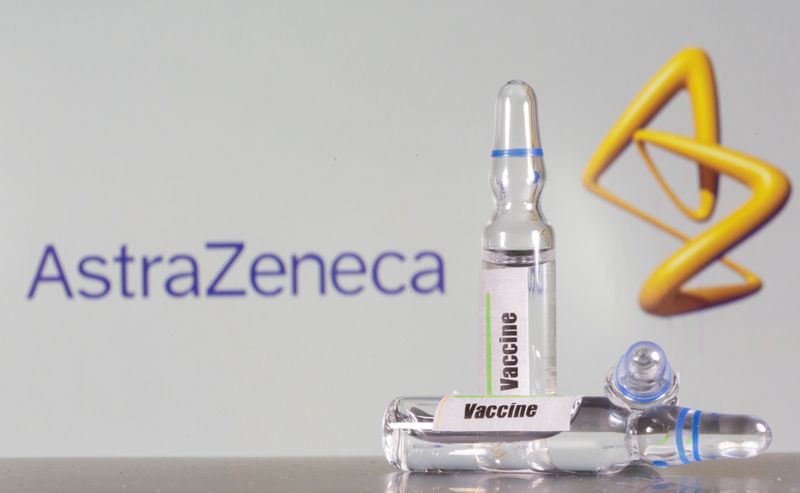(Reuters) - Clinical trials of AstraZeneca and Oxford University's experimental COVID-19 vaccine have resumed in Japan, almost a month after being put on hold due to an illness of a British volunteer, while discussions with U.S. authorities continue.
The British drugmaker said on Friday the early-to-mid-stage trial for the vaccine against the novel coronavirus resumed in Japan after consultations with the national health regulator, the Japanese Pharmaceuticals and Medical Devices Agency.
Global trials of the vaccine, called AZD1222 or ChAdOx1 nCoV-19, were put on hold on Sept. 6 after a study participant fell ill with what was believed to be a rare spinal inflammatory disorder called transverse myelitis.
Trials in the UK, Brazil, South Africa and India had already restarted, but U.S. trials remain paused as regulators widened their probe, Reuters reported on Wednesday.
AstraZeneca has called the halt a standard review procedure, and a document posted online by Oxford university last month stated the illness may not have been associated with the vaccine.
However, the incident has drawn focus on the safety of candidates being developed in the race for a successful vaccine against the illness caused by the novel coronavirus which has claimed more than a million lives globally.
The U.S. Food and Drug Administration (FDA) broadened its investigation of the illness in the volunteer, and would look at data from earlier trials of similar vaccines developed by the same scientists, three sources told Reuters.
In Friday's statement, AstraZeneca stressed that safety of the participants was of "paramount importance" and that it was applying the highest standards of conduct in trials.
Sources had told Reuters that the data requested by the FDA for one of the most advanced COVID-19 vaccine candidates in development was expected this week.
